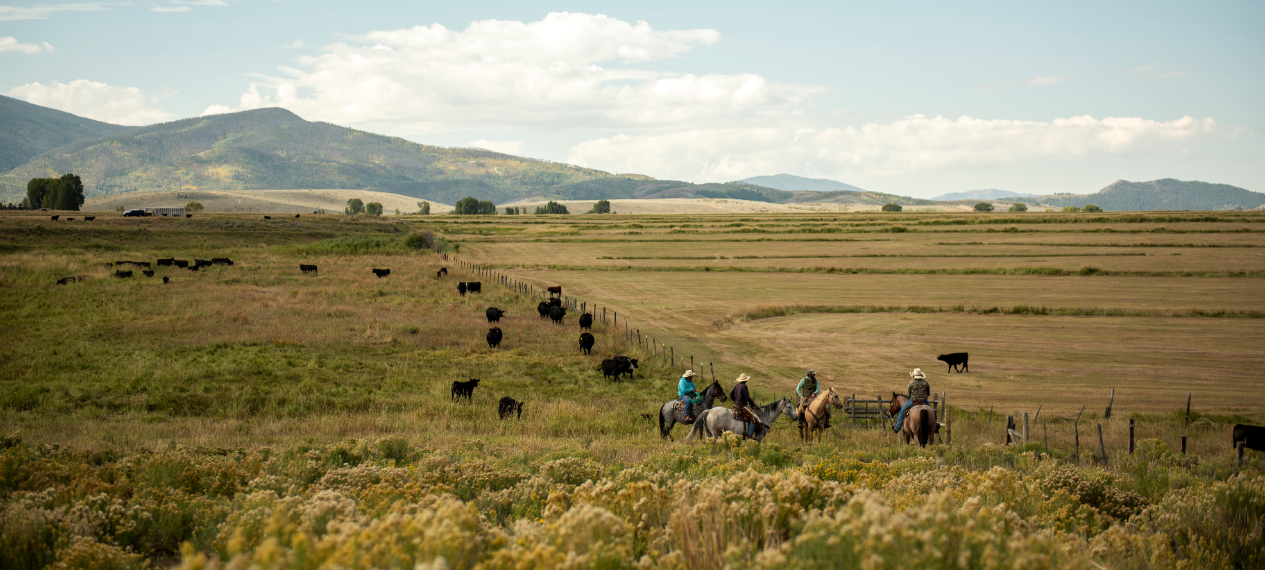Water Sharing Agreements: Upper Colorado Conservation Project
On the Western Slope, there is growing interest in the use of water sharing agreements (formerly known as alternative transfer methods, or ATMs) and other voluntary, temporary, and compensated approaches for enhancing environmental and recreational flows and providing temporary municipal supplies in times of shortage.
The goal of the Upper Colorado Conservation Project is to evaluate the viability of reducing irrigation on high elevation pasture near Kremmling, Colorado including any potential impacts for yield, forage quality, and local socioeconomic considerations. Future phases of the project will identify best management practices for operators to improve the field recovery following temporarily stopping irrigation. The project will also be assessing the use of cutting-edge remote sensing technology to evaluate consumptive use and return flows. Project results will eventually help formulate future water sharing agreements and conservation programming in the region.
Under the leadership of the Colorado River Basin Roundtable, and with financial support through a Colorado Water Conservation Board Water Plan grant, the Upper Colorado Conservation Project brings together a diverse set of stakeholders to address priority questions related to water conservation in agriculture. Given the scale of the project, it represents one of the largest water sharing pilots to date on the Western Slope.
